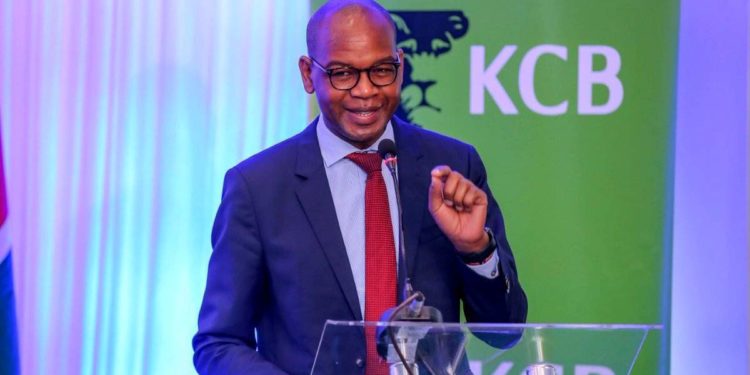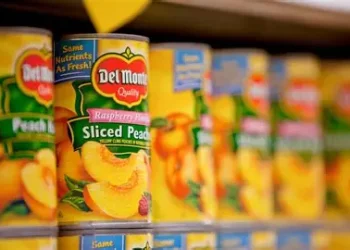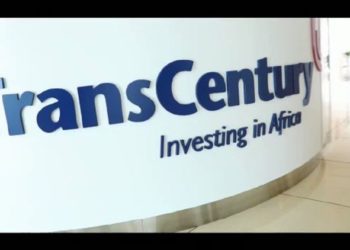KCB Group PLC’s profit after tax surged 54.6 percent to Ksh9.9 billion in the three months ending March 2022. This rise from Ksh6.4 billion a similar period last year was boosted by growth in total income and reduction in loan loss provision.
Revenues increased by 26 percent to Ksh29 billion on account of an increase in interest income, an increase in non-funded income from lending activities and service fees and a 21.1 percent rise in earning assets.
“During the quarter, the business showed sustained resilience backed by our proactive approach towards driving income growth, managing liquidity, conservation of capital, and cost containment. Furthermore, a relentless focus on our strategy has enabled us to maintain robust asset growth and deliver healthy return on our investments. We have effectively demonstrated our combined abilities and competencies in managing and responding to the impact of the healthcare crisis across all our markets,” said KCB Group CEO and MD Joshua Oigara.
Read: KCB Group Plc Appoints Paul Russo As Group Chief Executive Officer
Operational costs increased by 16.8 percent to Ksh12.9 billion from Ksh11 .1billion while total assets increased by 19.4 percent to Ksh1.2 trillion.
Net loans and advances went up by 18 percent to Ksh704.4 billion through organic and strategic acquisitions while customer deposits rose by 12.9 percent to Ksh845.8 billion.
Net interest income grew by 18 percent to Ksh19.7 billion driven by an increase in net loans and advances coupled with growth in investments in Government securities. This was partially offset by an increase in interest expenses occasioned by tight market liquidity.
Non-funded income (NFI) grew by 47.2 percent to Ksh9.3 billion. This was driven by additional disbursements during the period which increased lending fees by 73 percent. The resumption of economic activities across most sectors led to the growth of our nonbranch transaction numbers which surged by 70 percent while branch transactions grew 16 percent to drive overall service income up 35 percent. The other non-funded income streams were equally strong with FX income growing 46 percent, trading income up 82 percent and other income up 16 percent. From this performance, the Group was able to register a 32 percent NFI to total income ratio.
Read: Joshua Oigara Set To Leave KCB
Provisions decreased by 27.5 percent from a similar period last year largely due to a drop in corporate and digital lending impairment charge after COVID-19 related provisions recognized in the full year 2021. The non-performing book continued to come under pressure due to slow recovery in the construction, hospitality and part of the manufacturing sectors causing deterioration from 14.8 percent to 17 percent.
The Group’s balance sheet expanded by 19.3 percent to Ksh1.2 trillion, driven by organic growth across the business and the consolidation of BPR.
Customer deposits increased to Ksh845.8 billion, registering a 12.9 percent growth driven by a proactive deposit mobilization strategy across markets. These deposits were utilized to fund net loans and advances which went up 18 percent largely on account of improved corporate and retail lending to close the period at Ksh704.4 billion. The Group’s participation in Government securities recorded an increase of 32.6 percent from Ksh212.5 billion to Ksh281.8 billion during the same period.
Read: KCB’s High School Scholars Programme Open For Applications
Shareholders’ funds grew 23.3 percent to Ksh181.8 billion on improved profitability for the period.
The Group was compliant on all capital requirements. Core capital as a proportion of total risk-weighted assets closed the period at 19.2 percent against the Central Bank of Kenya’s statutory minimum of 10.5 percent. While the total capital to risk-weighted assets ratio was at 22.8 percent against a regulatory minimum of 14.5 percent.
KCB launched its new banking subsidiary, BPR Bank Rwanda Plc in May following the amalgamation of KCB Bank Rwanda and Banque Populaire du Rwanda (BPR). The combined Bank is now the second-largest lender in Rwanda and gives KCB Group a stronger edge in deepening the ongoing Group strategy to scale up its regional play.
“We are optimistic of improved business growth in the remaining part of the year as economic fundamentals improve in the East African economy despite global threats and other local developments including the upcoming General Elections in Kenya. Our priority is to harness economic drivers to accelerate the pace of recovery and growth,” said KCB Group Chairman Andrew Wambari Kairu.
Read: KCB Group Plc Merges Rwanda Operations Following Approval of BPR Acquisition


















